Konya Shamsrumi: What is the process of writing a poem like for you? Is it a lot of hard work or easy?
Kris Van der Bijl: Writing poetry is hard work, at least compared to writing fictional stories. But the poem one has in the end is much more satisfying. The process can take months. I often come up with a line or two that I like, or maybe I see something on the street or hear someone say something that strikes me as particularly poetic. I’m quite a devoted notebook keeper, so I’ll then write these lines or whatever down. If I’m in the mood at that time then I’ll try write a poem and see what happens. If not, I keep it with the thought that one day I’ll return. I’ll sometimes drink wine and have an urge to write poems. These little lines, or half-finished poems, allow me to fill that fix. Most of the time I stare at my poems and wonder what I was thinking. I know it’s done when it makes me smile.
Konya Shamsrumi: Please describe your sense of identity in this or any possible world in imagery or metaphor?
Kris Van der Bijl: I tend to take the identity of the spaces I’m in at that time, like a chameleon. I’ll blend in to whatever’s needed. I don’t think anyone has one identity, especially when they’re alone. I cannot stand being one thing or being the same thing every day.
Konya Shamsrumi: If any of your poems could literarily save a person’s life, which poem would it be and can you describe the person whose life you think it would have saved?
Kris Van der Bijl: I need to write more poems to have one that’s lifesaving. There’s one that I wrote – I forget its name – when I was fifteen or sixteen. I was desperate to get published so that I could prove that I was a poet. I ended up submitting a terrible piece – either about someone giving birth or a flower seller buying bread at the end of the day – to a small zine just to see my name in print. It’ll probably come back to haunt me one day. So, to save your life, don’t feel like you need to get published to be a poet. You’ll only get flashbacks to your younger years when you were desperate enough to publish anything for people who don’t read poetry.

Konya Shamsrumi: What does Africa mean to you, as potential or reality?
Kris Van der Bijl: Africa is a place of potential. It has this mix of being a beginning and an end. It’s both the future of the world and the cradle of its beginning. I love that I have grown up here. I cannot think of any other place one would want to be in.
Konya Shamsrumi: Could you share with us one poem you’ve been most impressed or fascinated by? Tell us why and share favorite lines from it.
Kris Van der Bijl: Liyou Libsekal’s “Riding Chinese Machines” has not left me since I read it about two years ago. It’s quite a fantastic poem. I love just when you think you’ve got a grasp on what the speaker is on about, the words seem to be flipped on their head. At no point do you feel completely grounded in what the poem is saying, but at the same time you feel completely grounded in what is occurring around you. It’s also very admirable that such an emotive poem was written about what seems to be an expanding cityscape. Making the destruction of nature both beautiful and horrifying is a terribly difficult thing to get right. I guess it stays on my mind because I can’t figure it out, but it seems so easy. She writes in such a way that surely the answer must be there, but it never is. You’re forced back to those opening lines after each reading. It’s mesmerising.
Riding Chinese Machines By Liyou Libsekal There are beasts in this city they creak and they crank and groan from first dawn when their African-tongued masters wake to guide them lax and human-handed through the late rush when they‘re handled down and un-animated still as we sleep, towering or bowing always heavy we pour cement through the cities towns, through the wild onwards, outwards like fingers of eager hands stretched across the earth dug in the lions investigate and buried marvel rumbles squeezed for progress
Kris Van der Bijl is a South African university student and freelance writer. He’s currently enrolled for a Masters in Creative Writing at the University of Cape Town. His poems and short stories have appeared in the likes of Jalada Africa, Lucky Jefferson and JA Magazine. His non-fictional writings on African literatures in English can be found in Brittle Paper, LitNet and Africa in Dialogue.
- Poets Talk: 5 Questions with Kayeon Onyeka - February 25, 2025
- Poets Talk: 5 Questions with Jakky Bankong-Obi - December 3, 2024
- Poets Talk: 5 Questions with Odu Ode - November 26, 2024






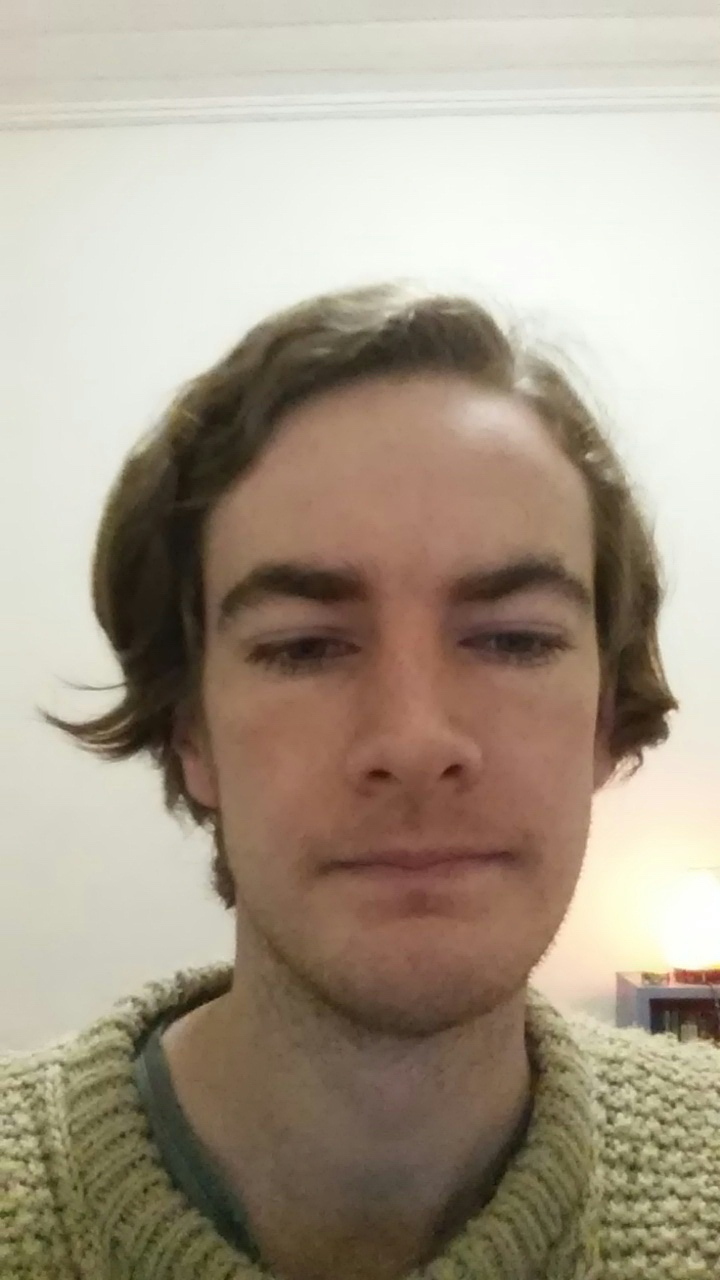
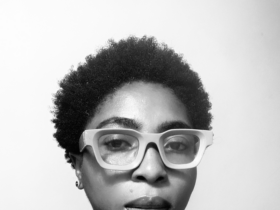
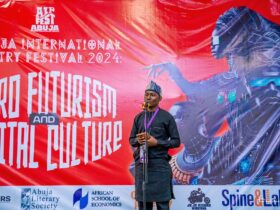
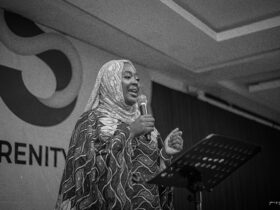
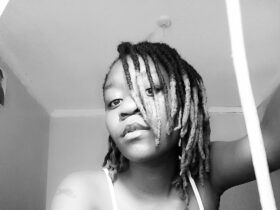
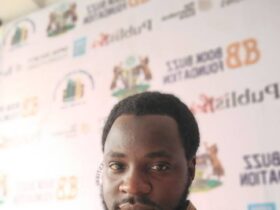

Leave a Reply